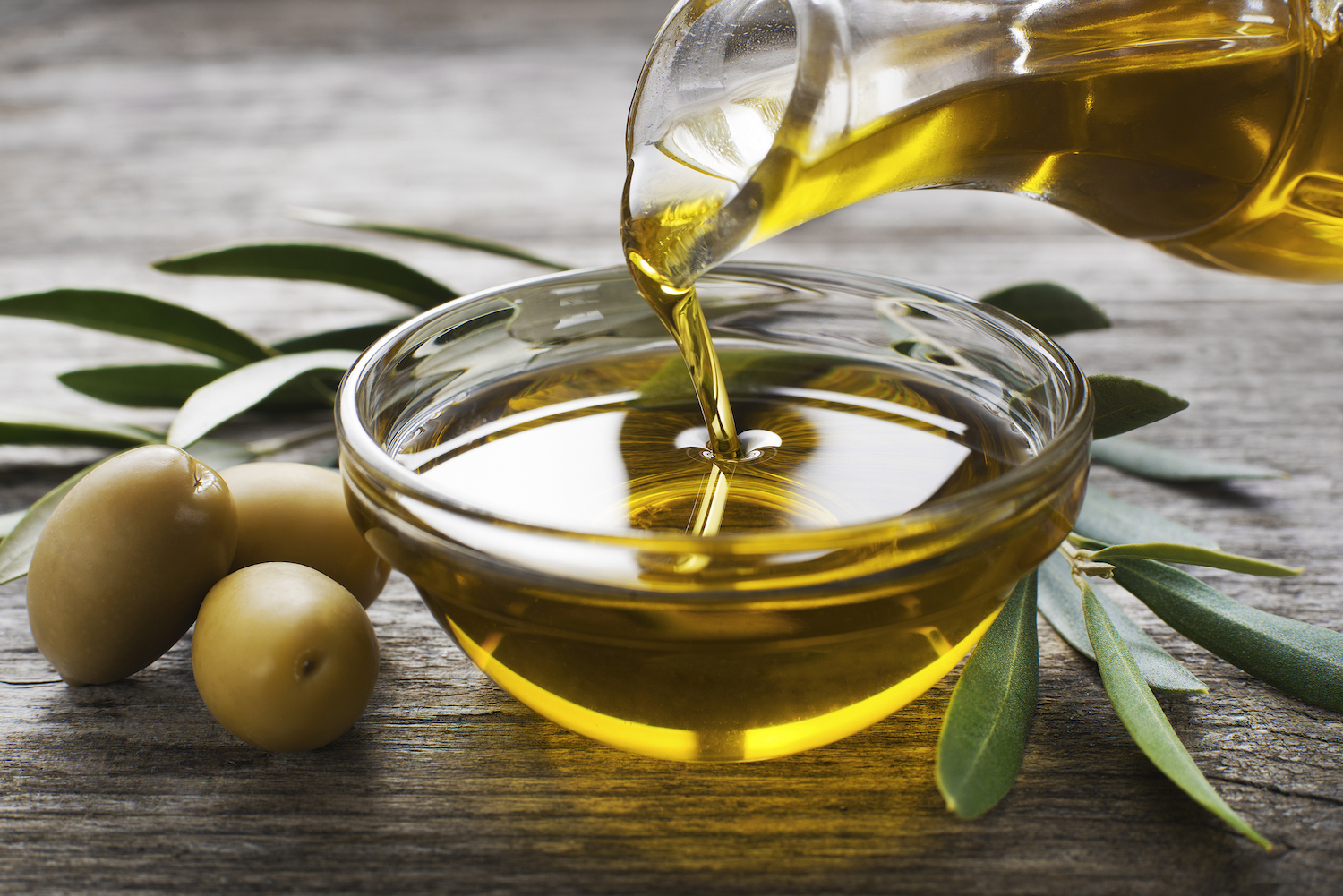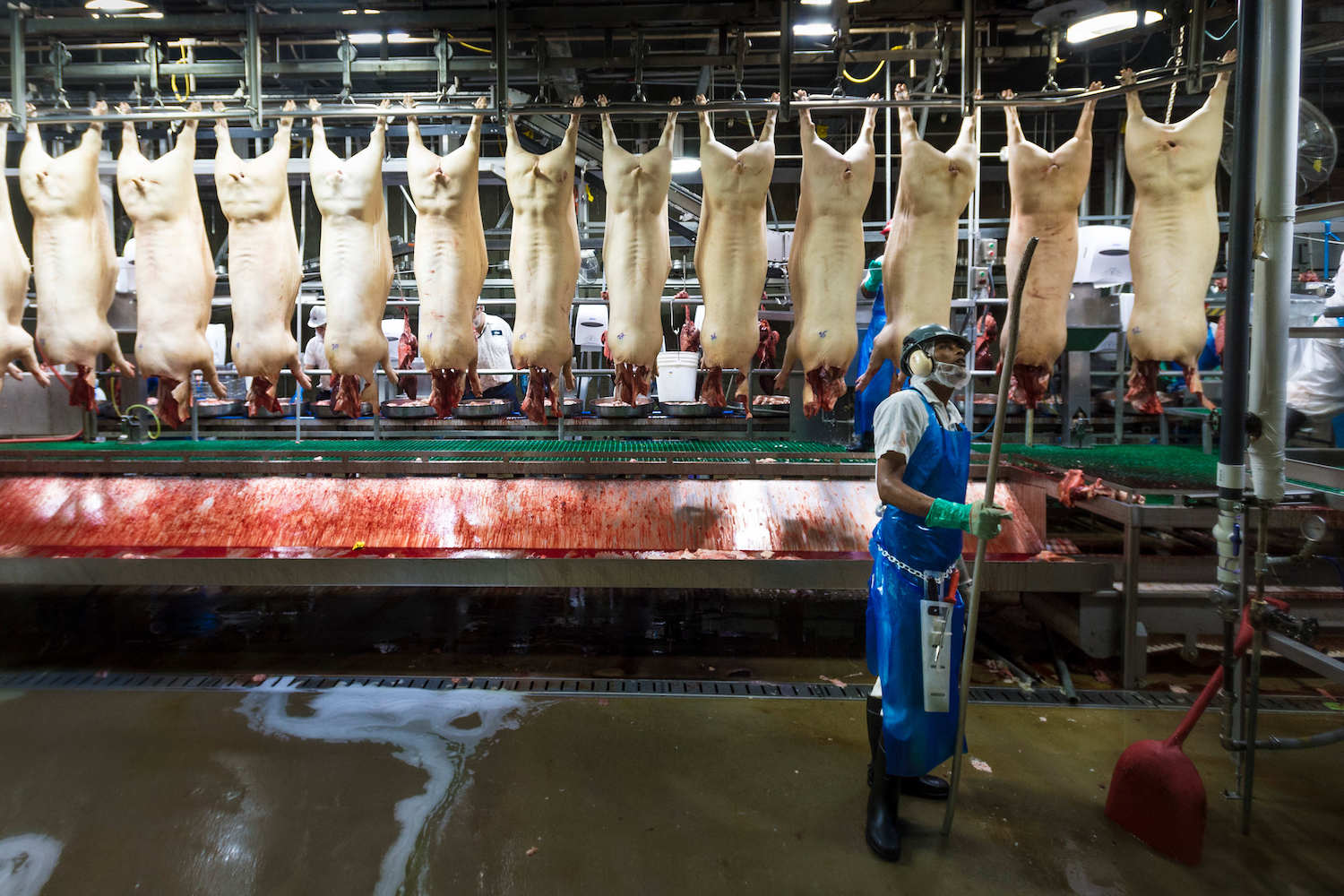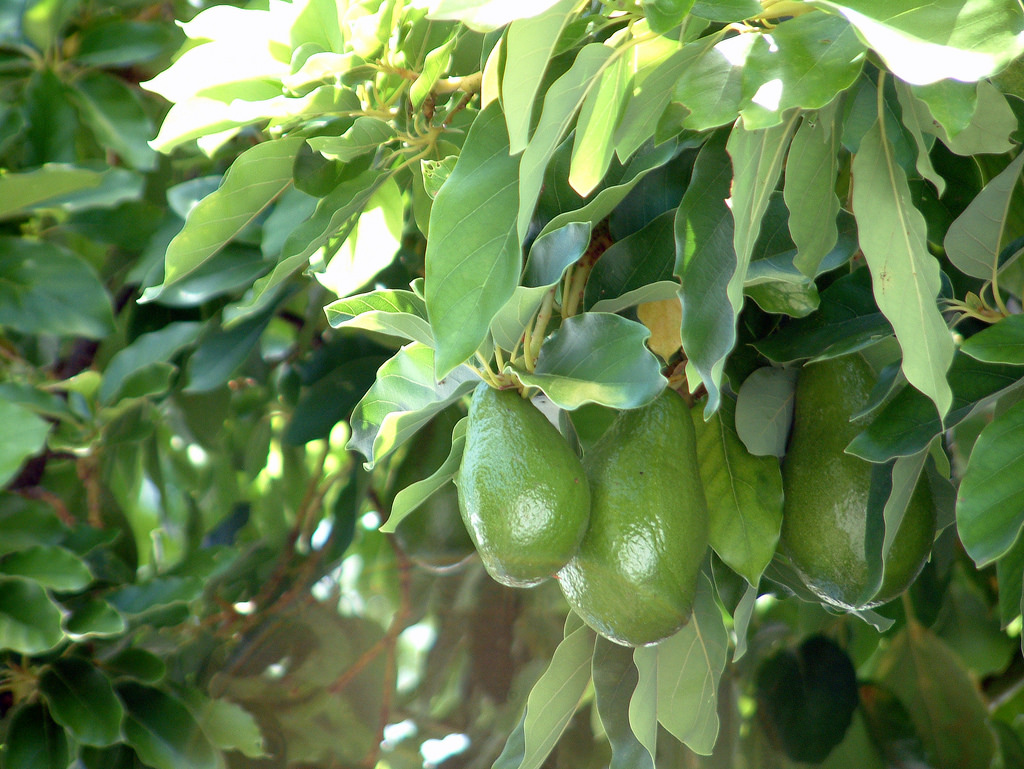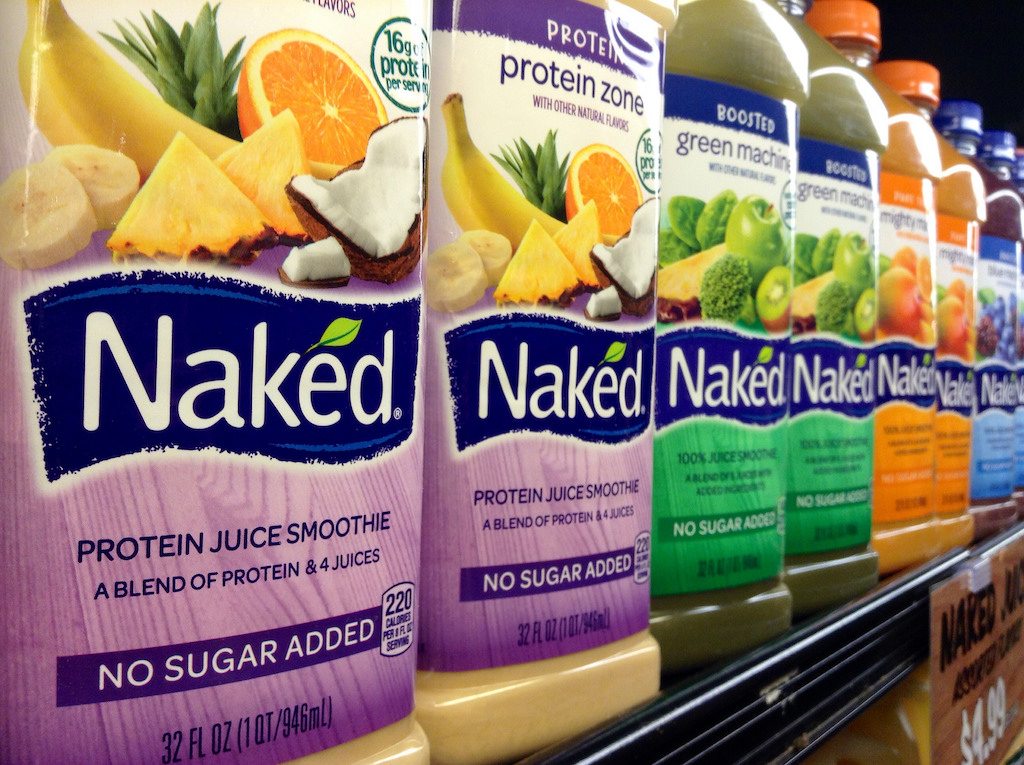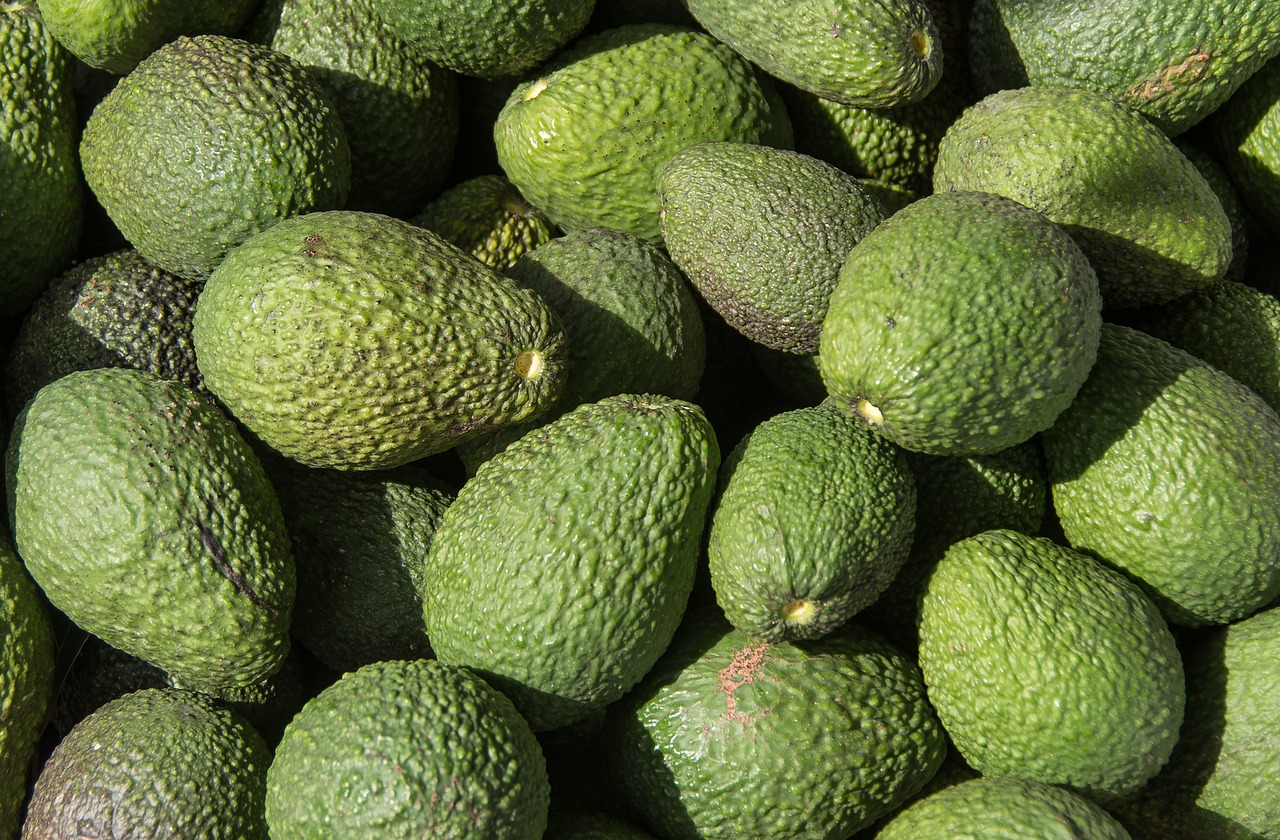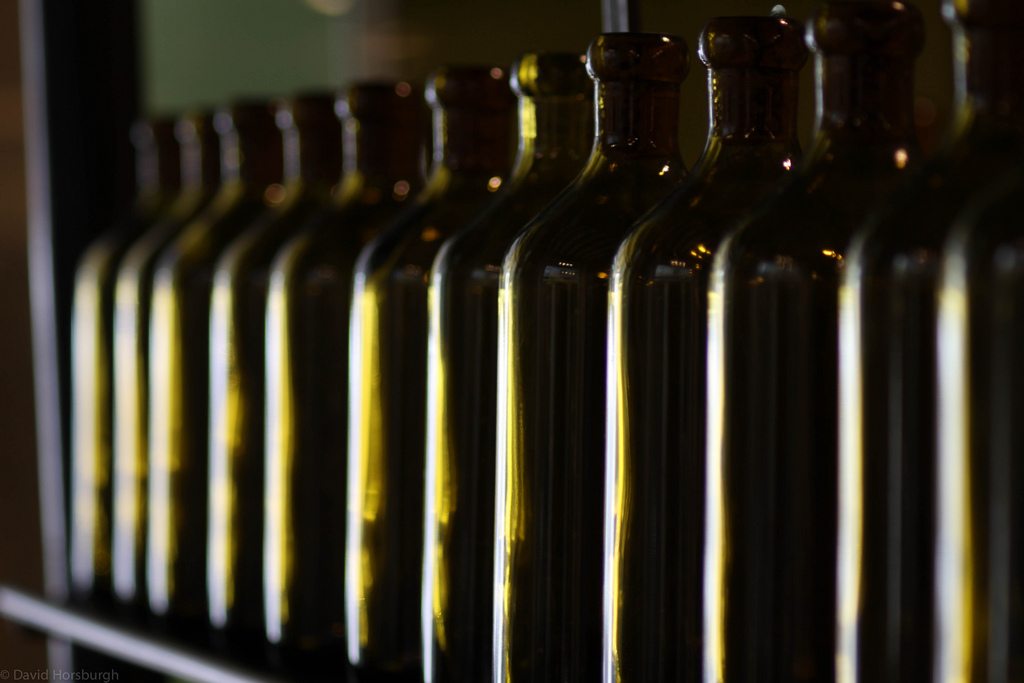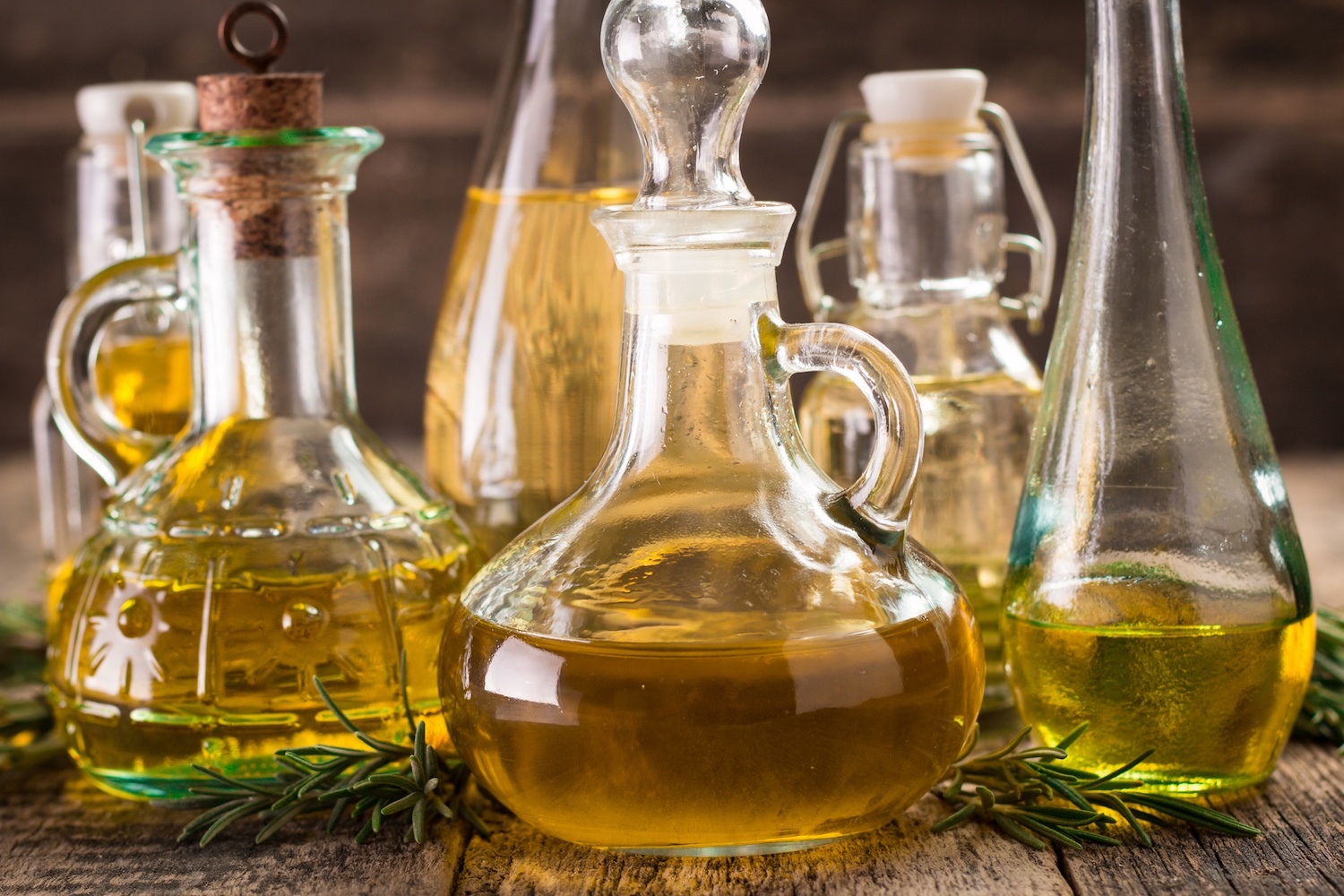
iStock/ id-art
Scientists analyzed 22 samples of commercially available avocado oil: 15 had gone rancid before their best-by date, while six were likely cut with large quantities of other, cheaper oils.
The waxing popularity of the avocado in the past decade—a boom driven by the appeal of its health benefits, as touted by highly effective industry marketing efforts—has led American eaters to smear the buttery fruit onto every surface of their lives. Avocados can be found on our faces and in our hair, in our ice cream and on our toast. (Some would say at the cost of our access to financial stability.)
Avocado oil, too, has grown in popularity, as a “heart healthy” alternative to other cooking oils, and an increasingly common substitute for butter in baked goods and for vegetable oils in mayonnaise and margarine. Packaged products featuring avocado oil saw more than a 30 percent growth in sales between 2016 and 2018, according to market research firm Nielsen.
If something smells off about avocado oil’s success, it could be that some products sold on grocery store shelves are, in fact, rancid. In a new study conducted at the University of California, Davis, researchers tested 22 commercially available samples of extra virgin, virgin, and refined avocado oil for quality and purity. The authors also extracted their own avocado oil as a baseline for the pure product. They discovered that 82 percent had gone rancid before their expiration date, or had other, cheaper oils mixed into the bottle. In three instances, bottles labeled as avocado oil actually contained a different oil entirely.
In three instances, bottles labeled as avocado oil actually contained 100 percent soybean oil.
“When you go to the store, you’re buying [based on] what’s on the label,” says Selina Wang, a food science professor at UC-Davis and co-author of the study. “Consumers should be able to trust that labeling and get the product that is reflected on the label.”
Oils naturally undergo a chemical reaction known as oxidation when exposed to oxygen, a process that degrades the oil’s quality over time and eventually leads to an unpleasant stale smell. The study found that 15 of the 22 samples had oxidized before their purported best-by dates, which can result from a number of factors, including bad packaging (dark, glass bottles slow down oxidation compared to plastic and clear ones) or the use of low-quality fruit. Wang’s research was partially funded by a grant from a Mexican sesame and avocado oil manufacturer, though the company was not involved in the design or implementation of the study.
[Subscribe to our 2x-weekly newsletter and never miss a story.]
When avocado oil goes bad, that renders some of its supposed health benefits moot. For example, one of the main reasons people buy avocado oil is for its high antioxidant content. However, Wang says, “the oil itself is actually using those antioxidants to fight out its oxidation …. So when you eat an oil that’s oxidized, there’s little antioxidants that are left.” In addition to being stale, six of the samples were likely cut with cheaper alternatives, like soybean oil or safflower oil, according to an analysis of their fat content. The study’s authors found that three of those offending samples likely contained 100 percent soybean oil. Mislabeling of this nature can pose health concerns for people with allergies.
When avocado oil goes bad, it renders some of its supposed health benefits moot.
The study’s findings mirror a similar issue in the olive oil industry, where mislabeling is rampant and heavily incentivized by the high prices that premium products can command. The U.S. does not enforce nationwide standards of quality for different variations of the product, from extra-virgin to virgin to refined. Olive oil industry stakeholders are continually lobbying the Food and Drug Administration (FDA) to do so, with one group filing another citizens’ petition in late May.
“American consumers deserve science-based mandatory olive oil standards to empower them with knowledge they need to make informed choices for their health, and facilitate enforcement to protect all consumers from fraud, and promote a vibrant, competitive and fair-dealing industry,” the petition reads.
In that same vein, federally enforced quality and purity standards for avocado oil could help to ensure better products for eaters and a level-playing field for producers.
However, because avocado oil remains a relatively new product to grocery shelves and supermarket aisles, there’s a lot that scientists and producers are still learning about its composition. After all, you can’t set, say, a fatty acid content minimum for extra virgin avocado oil until you know what’s “typical” for avocados, and that can vary based on growing region and climate. That means avocado oil, like the original liquid gold, might retain a bit of mystery for now.
Of course, you’re welcome to guarantee your personal avo-purity by eating it right from the rind.

